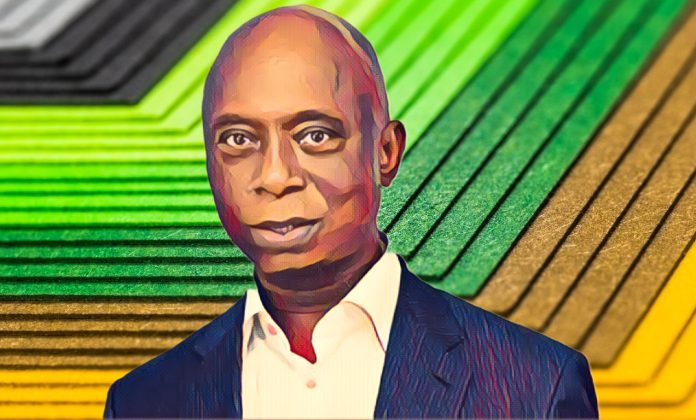KEY POINTS
- Senator Ned Nwoko calls for Delta State Government to take control of its electricity supply.
- Public-Private-Partnership initiatives could attract investors and improve local power projects.
- Ndokwa communities have not benefited from the electricity generated in their region.
Senator Ned Nwoko, Chair of the Senate Committee on Reparation and Repatriation, has urged the Delta State Government to take proactive steps in controlling the electricity sector within the state.
He emphasized that this would improve power supply, attract investors, and help local communities benefit from power projects.
Speaking during a press briefing, Nwoko noted that oil companies operating in the region have signed Memoranda of Understanding (MOUs) to provide Corporate Social Responsibility benefits.
However, local communities, particularly in Ndokwa, have not seen any significant improvement in power supply, despite the generation of electricity for other states. He called on Governor Sheriff Oborevwori to facilitate access to captured power for the people of Ndokwa, urging the state to step in and ensure the region benefits from local power projects.
Need for state involvement in power sector
Nwoko revealed that he had secured partnerships with two major investors willing to collaborate with the Delta Government through Public-Private-Partnership (PPP) arrangements.
These partnerships, he stated, could enable the state to take charge of its electricity sector, much like other states have done with federal roads, by seeking refunds for their investments.
Nwoko stressed that the power sector is even more deserving of such interventions, especially with the untapped potential for local power generation.
According to Gloria Okolugbo, head of Nwoko’s communication team, the senator’s call is both timely and necessary for the economic growth of Delta State. She dismissed speculative media reports and political conversations surrounding Nwoko’s discussions with his constituents in Ndokwa, labeling them as uninformed.
According to Vanguard, she emphasized that improving the state’s energy infrastructure could be a game-changer for Delta’s economy.
Local communities left behind
The Okpai Power Plant, located in Ndokwa East LGA, has generated electricity since 2005, but local communities have not benefited from this power. Nwoko explained that despite an additional 500MW capacity added in March 2022, the people of Ndokwa continue to live without access to reliable electricity.
Citing the Electricity Power Sector Reform Act (EPSRA) of 2005, Nwoko stressed that host communities are entitled to benefit from power projects on their land.
The senator urged the Delta State Government to facilitate the implementation of a 132KVA Double Circuit transmission line commissioned in 2021, which would provide power to communities in Ndokwa and Ukuani.
He highlighted the potential of the state’s involvement to transform local electricity access and attract investment through independent power projects, mini-grids, and step-down projects.



